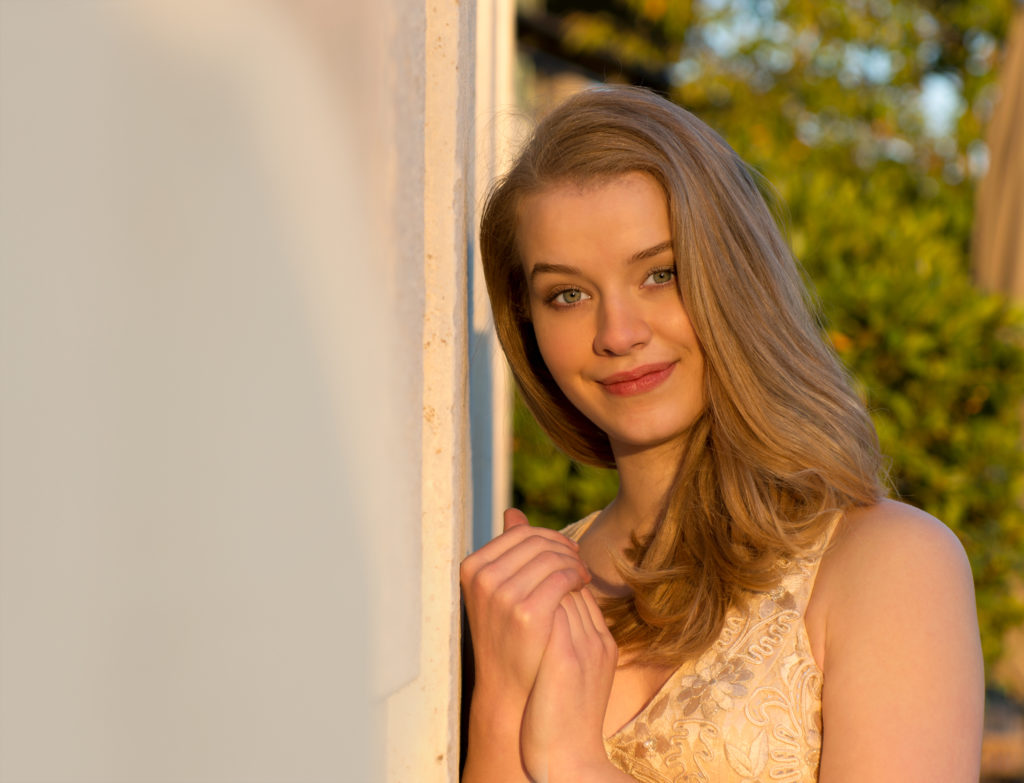
I AM going to frame this review of German pianist Elizabeth Brauss’s excellent recital with a couple of whinges. Firstly, there should be an usher seated at the exit doors during the recital. No matter how quietly someone intends to leave during a performance, the doors close with a disruptive kick. This could be easily mitigated and yes, it matters.
Now to the review: Throughout the concert, I was struck by how thoughtful, how sophisticated Ms Brauss’s playing sounded. This was self-evident from the opening Concerto in D minor by Bach (after Marcello).
The Allegro and Presto movements bristled with crisp, razor-sharp articulation while the central Adagio was achingly poignant, played with such lyrical tenderness. Quite remarkable.
As was Mendelssohn’s Variations Sérieuses. I confess that I have never heard the piece before, but goodness me what a wonderfully cultured, superbly knitted theme and variations it is. A few observations: stand-out points included the driven question-and-answer chat – left-hand octaves, right-hand chords of the third variation and the crispest of crisp staccato canon in variation four.
The sixth variation seemed to leap with neurotic joy, the seventh incredibly fast and thrilling. The musical bleed into the fugal variation ten was so wonderfully judged and the ensuing contrapuntal dialogue so clear and distinct.
Ms Brauss’s final variation or coda made the musical hairs on the back of your head stand to attention. They were still there throughout the performance of Hindemith’s mesmerizing, gently radical In Einer Nacht. What a marriage of intellect and emotion this turned out to be. Indeed, the character pieces, so wonderfully threaded together, had echoes of the second-half Schumann.
Once again, we were treated to a performance of serious insight and engagement. The work dazzles with diverse influences from opera, jazz and Debussy, closing off with a terrific bow in appreciation of J S Bach.
Ms Brauss delivered a full calendar of emotion, from simple playfulness to the gently twisted or grotesque. Her interpretation was infused with genuine empathy, as eloquently expressed in her introduction to the work.
After the interval, we were treated to a Schumann masterpiece, Carnaval. As is well documented, this collection of miniatures recreates a musical masked ball with guests including the composer’s friends, characters from the commedia dell’arte and Schumann himself.
The playing was so in tune with both the technical and creative demands, the characterisation so
vivid, that it left nothing to be desired or needed. Like the recital itself, every gesture here seemed infused with meaning, the whole work bristling with vitality.
Which brings me to close with my second critical point: why the encore? To be sure, it was Schumann (Von fremden Ländern und Menchen); to be sure, the performance was utterly poignant, but it just wasn’t necessary.
Following the conclusion of Elizabeth Brauss’s wonderful Schumann Carnaval, all that was needed was the rapturous applause it clearly deserved and then to set off, in the words of Paul Simon, homeward bound.
Review by Steve Crowther

